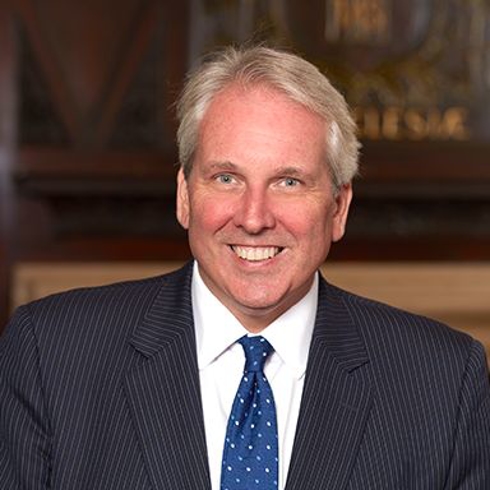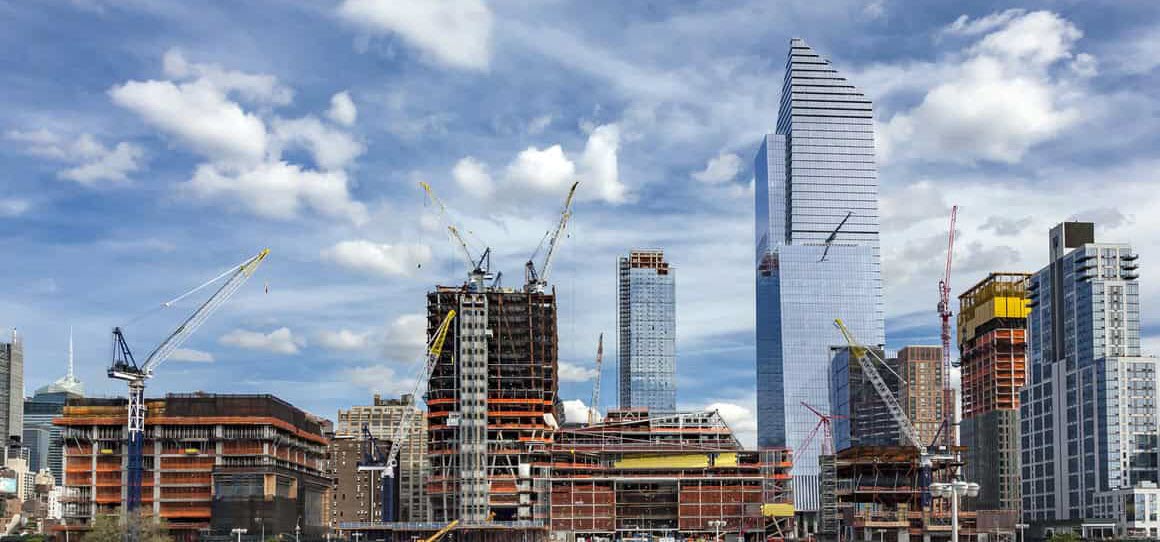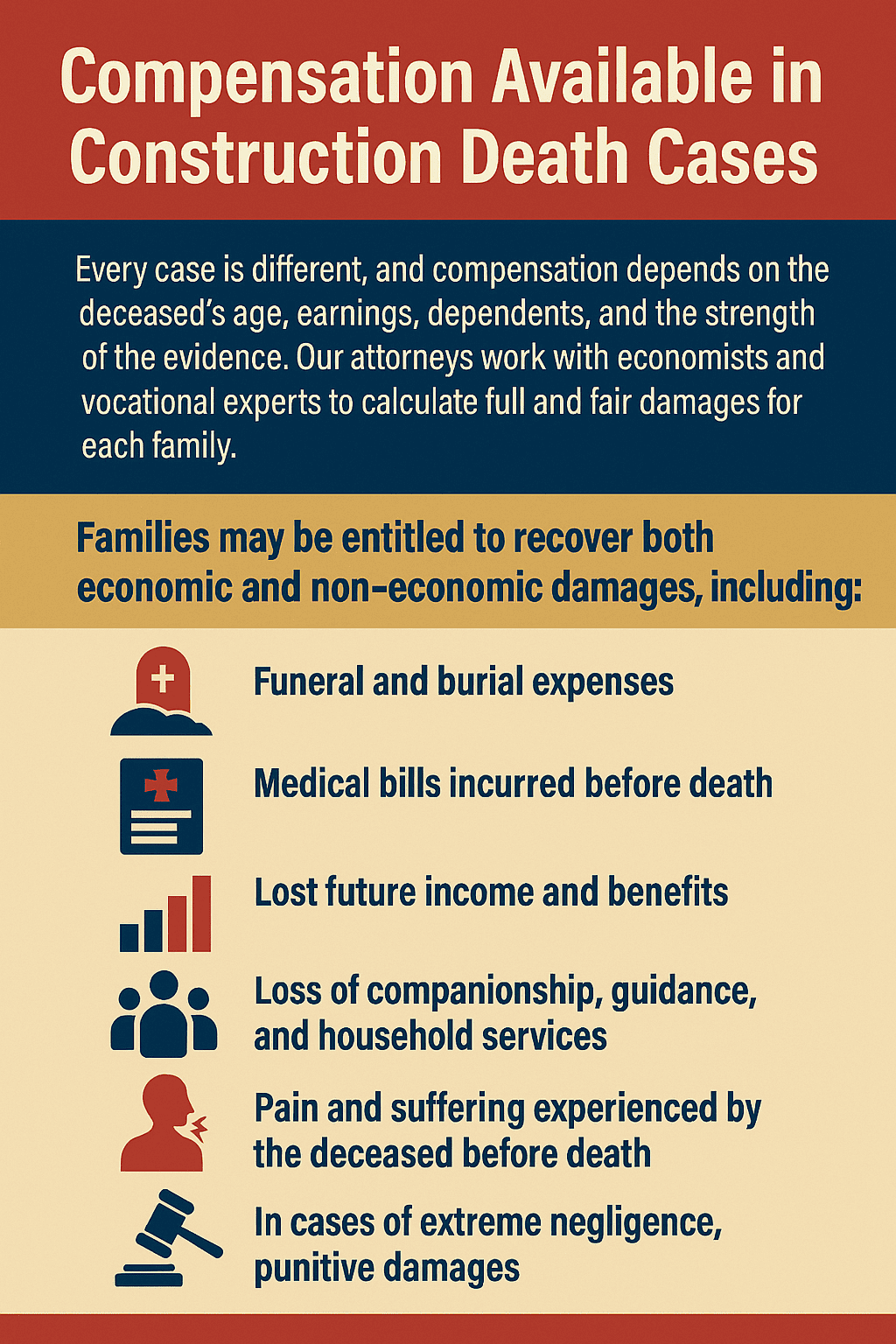The loss of a loved one in a construction accident is one of the most devastating experiences a family can suffer. In addition to the grief and trauma of losing a loved one, families are often left with difficult questions — What caused the accident? Could it have been prevented? Who is responsible for ensuring safety on a job site?
At Rheingold Giuffra Ruffo Plotkin & Hellman LLP, our attorneys help families heal by pursuing justice through the civil justice system. With decades of experience handling complex construction accident and wrongful death claims, we work to hold negligent property owners, contractors, and other responsible parties accountable under New York law.
New York’s labor laws are some of the strictest in the nation, offering protections for workers and their families. When those laws are violated, families may have the right to seek compensation and justice through civil claims. Our role is to guide you through that process with legal acumen, professionalism, and care.

Attorney Thomas Giuffra has spent more than two decades creating a reputation for innovative case strategies, meticulous preparation, and exceptional trial advocacy. His record includes 20 verdicts and numerous settlements exceeding one million dollars, among them a landmark $58 million verdict—one of the largest of its kind in New York.
Recognized for his excellence in advocacy, Tom was elected as a Fellow of the International Society of Barristers, an honor extended to fewer than 700 lawyers worldwide who are chosen by their peers and judges as “outstanding in the field of advocacy.” Members of the Society are devoted to protecting the jury trial system and maintaining judicial independence.
Tom’s results demonstrate his commitment to injured workers and their families. His recent successes include:
Whether pursuing justice for a fatal construction accident or catastrophic workplace injury, Tom applies the same tenacity and empathy to every client he represents.
Construction work remains one of New York’s most hazardous occupations. According to the NYCOSH “Deadly Skyline” report published in 2025, 30 construction workers died citywide in 2023 — the highest number recorded in a decade. Many of these tragedies involved preventable safety violations.
The Occupational Safety and Health Administration (OSHA) identifies four leading causes of construction-related fatalities, often referred to as the “Fatal Four”:
Each of these tragedies can be traced to specific safety failures — from inadequate supervision to improper equipment or violations of the New York Labor Laws. When an employer or contractor fails to maintain a safe worksite as required under Labor Law §§ 200, 240, and 241, the consequences can be fatal. Our firm investigates these violations meticulously, using expert testimony and site analysis to establish liability and protect families’ rights. We proudly invest the necessary resources into each client case to make them as strong as possible.

When a fatal construction accident occurs, families often face a complex web of legal and regulatory questions. Understanding which laws apply and how they interact is essential to determining liability and securing justice.
At Rheingold Giuffra Ruffo Plotkin & Hellman LLP, our attorneys carefully analyze each case under both state and federal safety laws, ensuring every responsible party is identified and held accountable.
Under New York Estates, Powers & Trusts Law § 5-4.1, surviving family members may file a wrongful death lawsuit to recover damages for the financial and emotional losses caused by a preventable death. These claims are typically filed by the personal representative of the deceased’s estate and may include damages for lost income, medical expenses, funeral costs, and loss of companionship.
New York’s Labor Laws, especially Sections 200, 240, and 241, establish strict safety standards for construction sites. These laws are among the most protective in the United States and often form the legal foundation of construction death claims.
Violations of these statutes can establish liability even when traditional negligence is difficult to prove. Our attorneys frequently work with engineers, OSHA specialists, and site safety experts to identify breaches of these protections.
In addition to state law, construction employers must comply with the Occupational Safety and Health Act of 1970 and related OSHA regulations.
OSHA standards require employers to:
While OSHA penalties are administrative, violations can support a family’s civil claim by demonstrating a pattern of unsafe practices or disregard for safety obligations.
In many cases, liability extends beyond the employer. Families may also have the right to pursue claims against:
Because each of these claims involves different procedures and timelines, it is critical to speak with an experienced New York construction accident lawyer as soon as possible after a fatal worksite incident.
Litigation without representation is never a good idea, especially when there is so much at stake. When you work with Rheingold Giuffra Ruffo Plotkin & Hellman LLP, we provide the hands-on guidance families need from investigation to trial. This is how we get you justice.
Time is critical after a construction site fatality. Important evidence can disappear within days if not properly secured. Families or their representatives should try to:
Our legal team acts quickly to send preservation notices to contractors, property owners, and insurers so that no one destroys or alters vital evidence.
Construction sites often involve multiple companies and contractors, each with distinct legal responsibilities. Potentially liable parties may include:
Identifying every responsible party is crucial, since liability and insurance coverage can vary widely.
Complex construction death cases rely heavily on expert testimony. Rheingold Law regularly works with:
These experts help demonstrate precisely how negligence led to the fatal incident.
Depending on the facts of the case, your attorney may pursue one or more claims, including:
Each claim has distinct filing requirements and deadlines. Acting quickly helps preserve your right to pursue full compensation.
Most wrongful death and construction accident cases resolve through negotiated settlements. Our attorneys prepare each case as if it will go to trial, leveraging strong evidence and expert reports to maximize compensation.
If a fair settlement cannot be reached, we are fully prepared to present your case in court. Throughout the process, our attorneys ensure that families remain informed, supported, and empowered to make sound decisions.
Under New York Estates, Powers & Trusts Law § 5-4.1, wrongful death claims generally must be filed within two years of the date of death.
Claims under the New York Labor Laws typically follow the same two-year period, while actions against government agencies require a Notice of Claim within 90 days. Missing these deadlines can bar recovery, making early consultation with an attorney essential.
At Rheingold Law, our focus is not only on achieving results but also on providing stability and clarity for families navigating loss. From your first consultation, we explain every legal option, gather evidence with care, and advocate for your family’s right to justice under New York law.

Every case is different, and compensation depends on the deceased’s age, earnings, dependents, and the strength of the evidence. Our attorneys work with economists and vocational experts to calculate full and fair damages for each family.
Families may be entitled to recover both economic and non-economic damages, including:
For more than four decades, our firm has represented New York families in some of the most complex and high-stakes construction accident cases. We are known for our thorough investigations, collaboration with field experts, and commitment to client care.
Our goal is not only to win cases but also to help families rebuild with dignity and security.
If your family has lost a loved one in a construction accident, you do not have to face this process alone. Our attorneys can review your case, explain your rights, and help you pursue justice with professionalism and compassion.